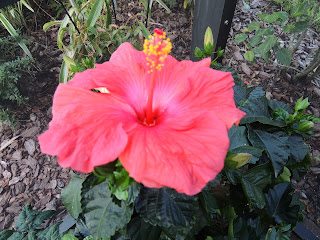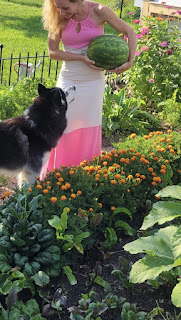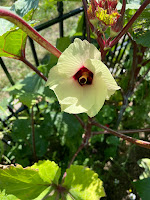It’s the bane of every writer’s existence, particularly those of us with so-called “day jobs.” How do I keep writing? How do I make myself edit this draft? How do I overcome the dreaded writer’s block?
For the sake of full disclosure, I have a day-job. My day job is… also writing, although in a very different genre than what I write for “fun.” So I do write for a living, I just don’t write novels for a living. I write articles, chapters, academic monographs, and novels. I’m self-published, and my first novel came out in November 2021. My third came out in June. The fourth is due out in October.
I’ve heard all the advice in the book. “Write a little every day, even if it’s only 100 words.” “Make time to work on your writing every day.” “Set aside one or two days a week to just work on your writing.” “Find a quiet writing space.” “Play music that helps you focus.” “Don’t jump between projects.” “Jump between projects.” And my personal (least) favorite, “Just make yourself do it.”
Most of that advice is contradictory, and for good reason—brains don’t all work the same way. Try the advice, then keep what works for you and throw the rest out the window. There isn’t some magical check-list that if you tick off all the boxes you’ll suddenly find a work ethic and be productive. You have to find what works for you. Maybe that’s music, maybe it’s silence, maybe it’s podcasts or white noise. Maybe you’re a weekend writer. Maybe you get up at five in the morning, or maybe you write from dinner until bedtime, or maybe you write on-and-off all day long.
I write almost every night. I come home, shut off the day-job brain, and then write while also watching (or not watching, depending what’s on) tv with my partner. Sometimes my partner goes off to play games or work on a project, and I write then, too (usually more productively, to be honest). But if I sit down and pick up my laptop and stare at the page and just… blank? I don’t write that day.
I think that’s the most important thing: don’t force it. If you aren’t feeling it, channel Elsa and let it go.
And you might be thinking easy for you to say, K, you have another job, and, yeah, I do. Another job that is all about writing. I use the same basic approach for both types. Because if the words aren’t coming out, there are other things that writers do.
Yes, we do need to generate words at some point, but there’s also the researching part of writing (whether you’re writing fiction or non-fiction, there’s research to be done—in fiction, this could be “reading novels” in addition to looking up whether or not, say, parachutes were invented in the late nineteenth century). One of the best ways to kickstart those writing gears is to give them words to mull over—by reading. (And the occasional binge-watch of shows or movies.)
There’s also the business of writing, whether you’re an indie author or a mainstream author. Maybe you have a website to maintain, a social media account or ten to update, or blurbs to write. Maybe you have your taxes to do or you need to network with other authors. If the words aren’t coming, you’ve got that stuff that can always be worked on, too.
So whether it’s reading, looking up a pagan calendar or how long it takes someone to bleed out from a stomach wound, outlining, beta-reading, redrafting, checking grammar rules, working on a website, designing a cover, or spending too much time on author discords… You can still be working on your writing even when the writing part isn’t happening.
And if your biggest hurdle is that irritating little voice—or maybe not so little voice—that says “nobody will like this”… Here’s something to consider.
There is no one else who can tell your stories. No one. Only you have the mind that can create them, the heart that loves them, the soul that whispers them in the shadows of the night or the curling steam of the shower. (Why do I always think of plot points in the shower?) You are the only person who can tell your stories, so it doesn’t matter how good you think they are—because you are the only one capable of telling them at all.
So, tell them. Whether it takes you a month or a year or a decade or your whole life. You are a writer. Tell your stories.
I’ll read them.
KM Avery



















